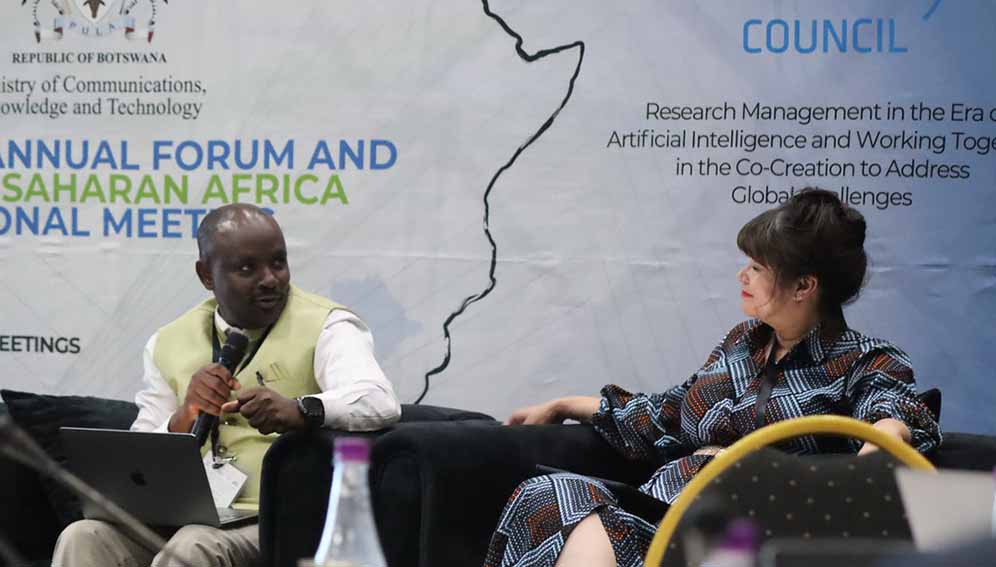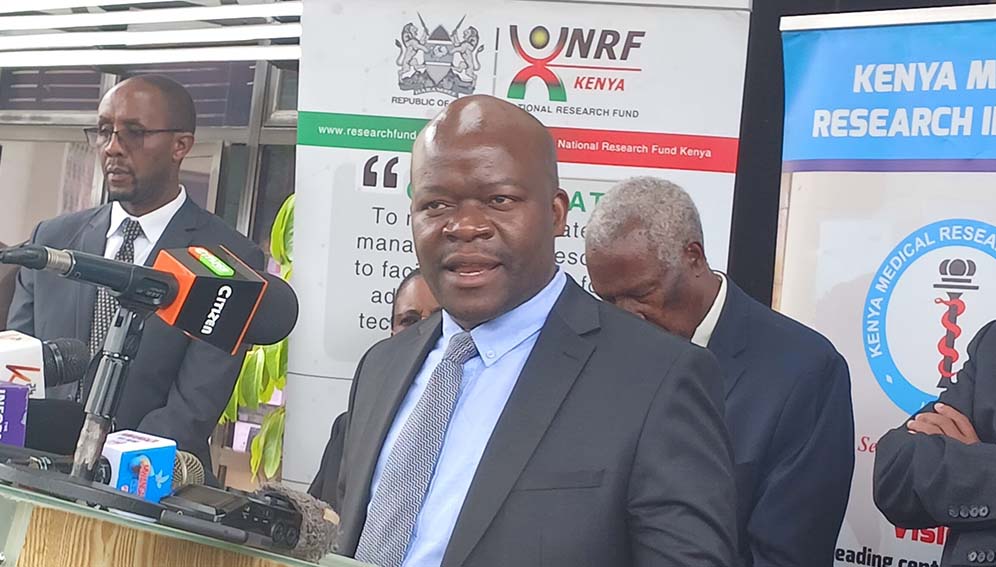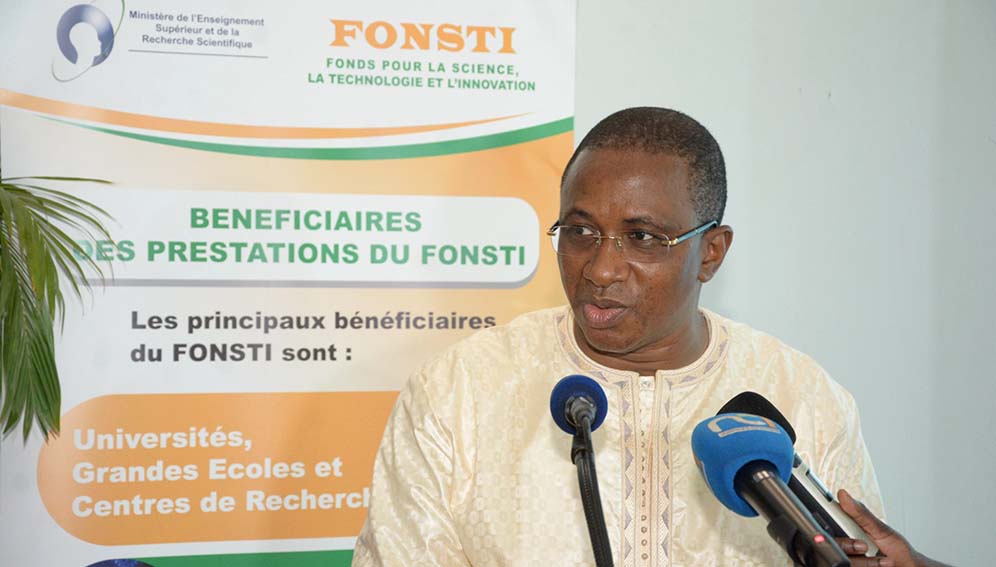SGCI News
Martinha spends 80 Meticais (2.54) for a round trip to buy a 20 litre bucket of both Mapfilua or Monkey oranges and then sells in small portions for 50 meticais…
Martinha spends 80 Meticais (2.54) for a round trip to buy a 20 litre bucket of both Mapfilua or Monkey oranges and then sells in small portions for 50 meticais ($.79 cents). These fruits and plants are turning into a business commodity and the locals are yet to be informed about their value and importance.
“What motivates me is that I know I will be trained on the basic training on processing these native fruits. I that heard some people in this district benefited from the activities of the collaborative research project carried out in Namibia and Mozambique. So I know that one day my turn will come and I will not be by the road side forever”, Martinha said.
She added that she wants to be like other people she has seen making yoghurts from native fruits in her village.
Speaking to this publication, in agreement to the sentiments, head of International Cooperation at Mozambique’s national Research Fund, FNI, Edson Faria, said if people in some districts of southern Mozambique can be trained on how to process native fruits and vegetables to add value, it will lead to food security and economic growth because the country will be selling and consuming their own products.
According to Faria, as a way to educate the communities about environment conservation, the government of Mozambique, through the National Research Fund, FNI Under the auspices of the Science Granting Councils Initiative (SGCI), has carried out a study of the perception of the local actors about the causes of deterioration of the fruit trees, as well as their economic, social, and environmental importance.
Read more here:
Related News
Namibia launches BOOSTUP programme to bridge innovation gaps
Many promising technology-driven ideas struggle to progress beyond the concept stage due to limited access to early-stage support and mentorship. These challenges highlight the need for targeted interventions that could transform innovative ideas into viable and scalable solutions. It is against this backdrop that the…
Kenya’s postgraduate research grants
The National Research Fund (NRF), Kenya, invites applications for postgraduate research grants for the 2025/2026 financial year. This national research call is a strategic intervention to strengthen Kenya’s Science, Technology, and Innovation (STI) ecosystem by supporting high-quality postgraduate research that drives innovation, informs evidence-based policymaking,…
The FONSTI mag: A new era for science storytelling in Côte d’Ivoire
Effective research communication is central to ensuring that science informs policy, reaches communities, and inspires the next generation of scientists. Science Granting Councils Initiative (SGCI), members are increasingly experimenting with creative, people-centred ways of making research more visible, accessible, and relevant beyond academic circles and…
SGCI funded projects
Rwanda’s integrated approach to sustainable agriculture and nutrition
Project Titles & Institution Areas of Research Number of Projects being funded Project Duration Grant Amount In-Kind Distribution Council Collaboration with other councils





